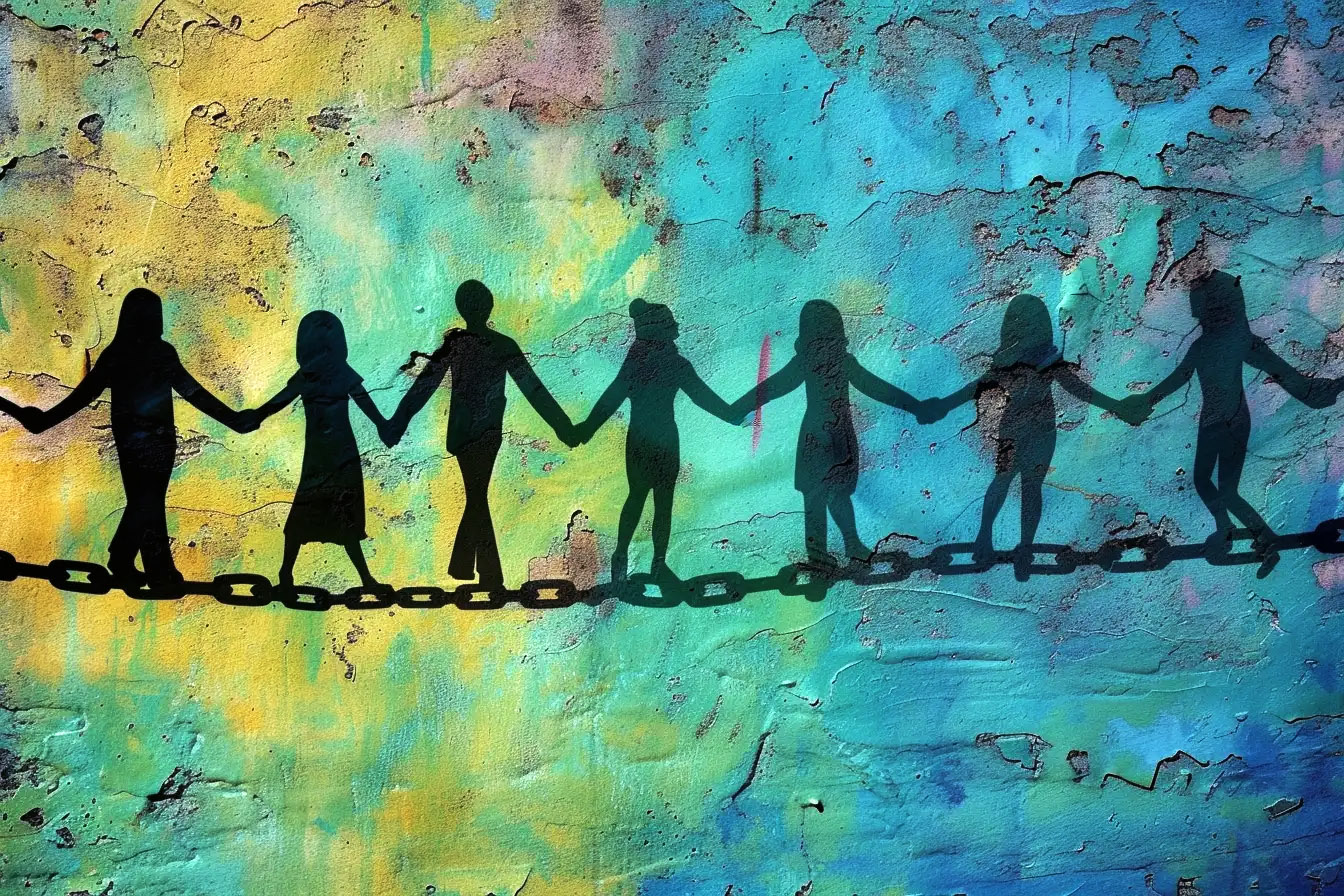Our relationships, especially our closest friendships, deeply influence our beliefs about ourselves and what we can achieve. However, some connections may unconsciously perpetuate self-limiting mindsets that undermine our confidence and hold us back from reaching our full potential. As we reflect on our existing social circles, we would be wise to carefully evaluate our friends’ impact in empowering or restricting our personal growth and development.
Examine How Your Friends Influence Your Beliefs and Behaviors
Start by examining how your current friends influence the narrative you tell yourself. Do they reinforce self-doubt, impossible standards, and perfectionism that feed imposter syndrome? Or do they positively shape your growth mindset by inspiring reasonable goal-setting, self-compassion, and viewing challenges as opportunities?
Observe whether your friends’ communication erodes your self-image and capacity to handle life’s obstacles. Compare how you feel about yourself, your abilities, and your body before and after spending time together. Are you uplifted and energized, or drained and beaten down?
Analyze whether your friends’ mindsets align with achieving your aspirations or stagnate dissatisfaction. Do they encourage and celebrate your wins or subtly undermine your dreams with cynical remarks? The friends we surround ourselves with profoundly impact our beliefs about what is possible.
Pay Attention to Friends Who Reinforce Limiting Mindsets
Many limiting mindsets mask themselves as jokes, casual comments, or caring advice. Pay close attention to friends, triggering destructive comparison, anxiety, and feelings of never being enough. Watch for those misusing intimacy to plant seeds of self-doubt or attempt to dictate your life choices.
Note any friends pressuring you to act in ways that violate your ethics or values. Observe patterns of those reinforcing perfectionism yet withholding approval and positive feedback no matter how hard you work. Protect your energy from associates attempting to impose their limiting perspectives.
Surround Yourself With People Who Inspire Growth
While evaluating stagnating connections, also nourish friendships that fuel your growth. Seek kindred spirits dedicated to expanding their wisdom, emotional intelligence, and vision of their best lives—bond with those who inspire you to become your highest self.
Pursue friendships with people exemplifying the qualities you aim to strengthen, like self-care, vulnerability, communication skills, boundaries, gratitude practice, and a growth mindset. Choose to learn from their modeling rather than limiting the beliefs of those triggering insecurity and self-judgment.
Intentionally build associations based on mutual growth, exchanging empowering perspectives, overcoming challenges, and supporting each other’s dreams. Invest in life-giving connections, spreading faith in human potential rather than doubt.
Let Go of Relationships Holding You Back
Releasing relationships that reinforce stagnation requires courage, compassion, and faith that new opportunities await. First, mindfully accept that some friends may feel threatened by your personal development and lash out rather than celebrate your progress. Their limitations speak to their unresolved pain, not their worthiness.
Next, humbly distance from draining associations to focus energy on healthy connections instead of convincing others to change. Limit time with those disrespecting your growth or pressuring you to stay small to meet their needs. Release with love by setting boundaries, not anger.
Finally, practice self-compassion through the discomfort of letting go, knowing relationships have seasons. Reflect on how you’ve outgrown the role certain friendships once played for shared learning. What empowering possibilities will new social circles reveal in this next chapter? Consciously curate your community to choose friends carefully, let go of limitations, and thrive.
Case Study: Letting Go of Limiting Friendships
Liam is a 24-year-old graphic designer who has always struggled with anxiety and feelings of not being good enough. He realized that hanging out with his childhood best friend, Kevin often left him feeling deflated. Kevin frequently made subtle digs at Liam’s creative work and dismissed his unrealistic goals, like launching his design studio. Whenever Kevin told Liam: “Very few people make it on their own, don’t quit your day job!” it reinforced Liam’s self-doubts and perfectionism rather than fueling his ambitions.
At the same time, Liam’s colleague Zara at his design firm has incredibly supported his entrepreneurial side projects and freelance gigs. She consistently cheers Liam on, shares growth mindset perspectives on embracing challenges, and even connects him to a local business community mentor. After every lunch with Zara, Liam feels inspired and re-energized to take the next step toward achieving his dream.
Through examining how his friends influence his beliefs about himself and his career capabilities, Liam realized his childhood friendship with Kevin had become limiting and draining. Once he acknowledged this stagnating dynamic that perpetuated imposter syndrome notions, Liam knew it was time to let go and redirect that energy into mutually empowering connections.
Although distancing himself from Kevin was uncomfortable initially, Liam soon discovered the upside in that choice. Immersing himself in his local community of designers, entrepreneurs, and creatives has been liberating and expanding. Liam now focuses on forging bonds with those who bring out his best by sharing wisdom, taking risks in supportive environments, and fueling each other’s self-belief. He is grateful for outgrowing limiting relationships and choosing friends mindfully who make the once impossible feel distinctly possible.
Key Takeaways
- Audit connections to examine if they feed self-doubt or growth mindsets.
- Pinpoint associates perpetuating perfectionism and imposter syndrome.
- Cultivate comrades exemplifying desired communication abilities.
- Limit interactions with companions attempting to impose restraints.
- Practice self-grace while exiting affiliations that no longer serve your journey.
- Intentionally forge bonds that broaden perspectives and dreams.
Conclusion
Carefully evaluating the influence of affiliations is imperative to outgrow restrictive ways of thinking. Retain uplifting, expanding associations, spreading faith in realizing full potential. Compassionately distance from draining comrades still reinforcing old patterns or threatened by self-improvement. Instead, consciously construct a supportive community to transition into the next life season with empowering perspectives, dreams, and beliefs reflecting your highest self.
